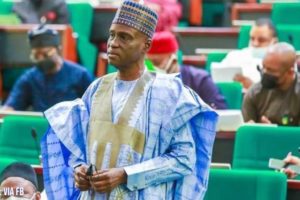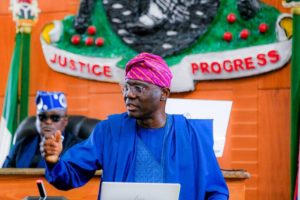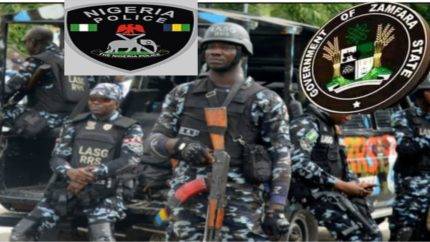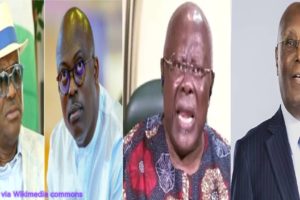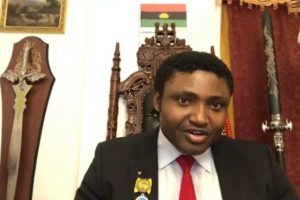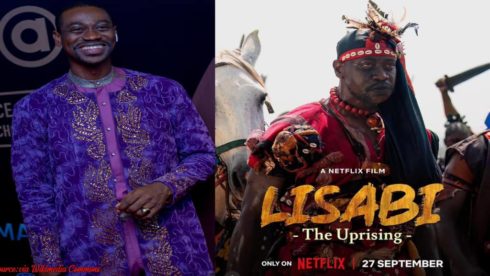In a recent statement, actor Lege Miami lauded the Igbo community for their positive response towards the government. Miami noted that around 80% of Igbos chose not to participate in protests, instead showing strong support and patience with governmental policies and actions. This significant portion of the community’s approach highlights their commitment to national stability and constructive engagement with political processes.
Miami’s comments emphasize the proactive attitude of the Igbo people in fostering development and seeking peaceful resolutions to their grievances. By opting for support rather than protest, the majority of the Igbo community contributes to a more stable political climate, reflecting a broader inclination towards cooperative rather than confrontational methods in addressing their issues.
Controversial Remarks on Yoruba Community by Lege Miami
Actor Lege Miami has stirred controversy with his remarks about the Yoruba community, labeling some members with the term “oloribuku” and criticizing certain cultural practices. The term, often viewed as pejorative, has sparked significant debate and backlash, with critics arguing that such comments perpetuate negative stereotypes and could inflame ethnic tensions.
Miami’s statement, “na Yoruba dey do Yoruba,” suggests that some Yoruba practices are problematic and contributes to intra-ethnic issues. These remarks have been met with mixed reactions, with some calling for greater sensitivity and understanding in discussing ethnic matters while others view his comments as a prompt for internal reflection within the Yoruba community.
Public Outcry and Reaction to Miami’s Statements
The public’s response to Lege Miami’s comments has been notably polarized. Many individuals and groups have condemned his use of inflammatory language, arguing that it exacerbates existing ethnic divides and undermines efforts toward national unity. Social media and traditional media platforms have been abuzz with discussions on the appropriateness of his remarks and their potential impact on ethnic relations.
Conversely, some see Miami’s comments as an opportunity to address and rectify issues within the Yoruba community. This perspective suggests that his statements could serve as a catalyst for internal dialogue and improvement, though it remains crucial to navigate such discussions with care to avoid further entrenching divisions.
Ethnic Tensions and Their Impact on National Unity
Lege Miami’s statements underscore the ongoing challenges related to ethnic tensions in Nigeria. The incident highlights the delicate nature of ethnic relations in the country and the potential for public comments to influence these dynamics. Managing ethnic diversity in Nigeria requires a balanced approach that addresses both internal and external grievances without exacerbating conflicts.
Promoting a culture of respectful dialogue and mutual understanding is essential for mitigating ethnic tensions. The reactions to Miami’s statements reflect a broader awareness of the need for sensitivity in discussions about ethnic issues, emphasizing the importance of fostering unity and cohesion among Nigeria’s diverse communities.
Government’s Role in Addressing Ethnic Disputes
The Nigerian government plays a crucial role in managing and mitigating ethnic disputes, as demonstrated by the recent controversy surrounding Lege Miami’s remarks. Ensuring that all ethnic groups receive fair treatment and have their concerns addressed through effective policies is essential for maintaining national stability and harmony.
Developing and implementing initiatives that promote inclusivity and equitable representation can help alleviate ethnic tensions. By supporting open dialogue and addressing systemic issues, the government can contribute to a more unified society and support efforts to bridge divides among Nigeria’s various ethnic groups.
Looking Ahead: Fostering Ethnic Harmony in Nigeria
Moving forward, Nigeria’s path to ethnic harmony involves concerted efforts from both government and civil society. The recent debates surrounding ethnic issues highlight the need for ongoing dialogue and collaboration to build a more inclusive and cohesive nation. Addressing the root causes of ethnic discord and promoting mutual respect are key to achieving lasting unity.
Encouraging educational programs, cultural exchanges, and community engagement initiatives can help foster better understanding and cooperation among Nigeria’s diverse ethnic groups. As the country continues to navigate its complex ethnic landscape, focusing on these areas will be crucial for building a future where all communities can thrive together.
Table of Contents
Discover more from OGM News NG
Subscribe to get the latest posts sent to your email.

